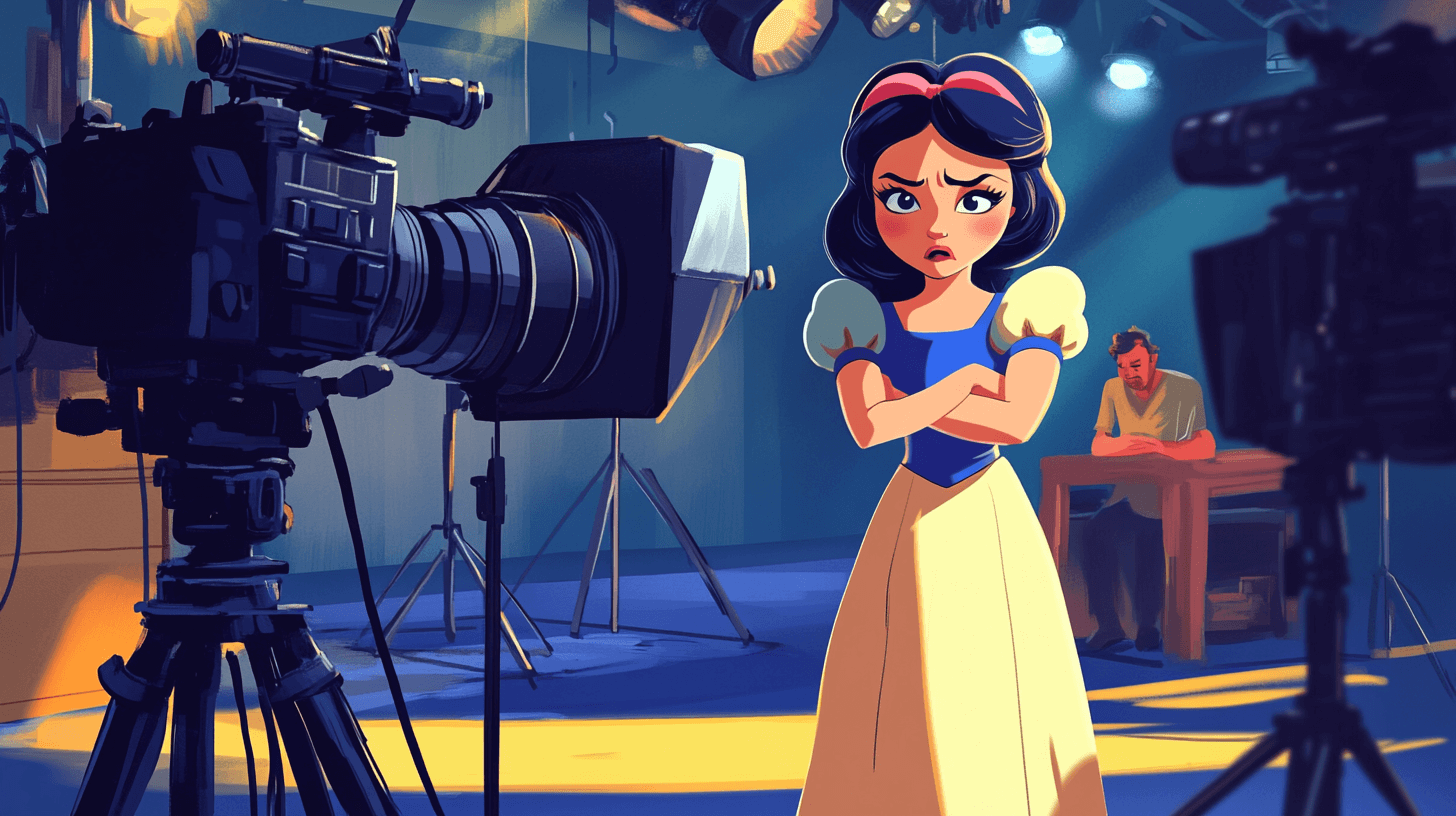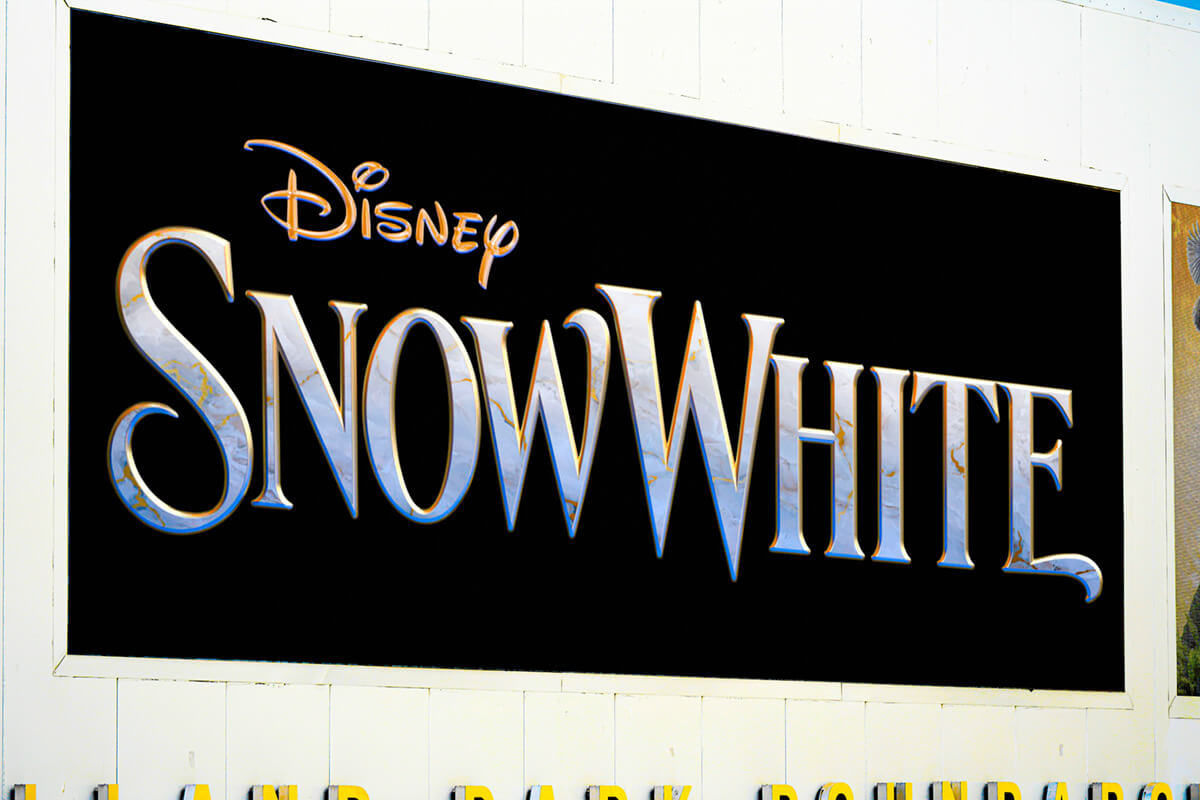
The anticipated live-action remake of Disney’s “Snow White” has faced a tumultuous journey to its release, marked by controversy and underwhelming box office numbers. Jonah Platt, son of Disney producer Marc Platt, vocally defended his father and the film against criticisms, particularly targeting actress Rachel Zegler’s political remarks as detrimental to the film’s success.
The controversy came to light when Jonah Platt responded to an Instagram user's question about Marc Platt flying to New York to address issues with Zegler, the film's star. Platt attributed the movie’s struggles, including its poor reception and financial underperformance, to Zegler’s insertion of "her personal politics into the film’s promotion." The live-action remake, directed by Marc Webb and co-starring Gal Gadot, was produced on a lavish $270 million budget but has failed to captivate audiences, leading to speculation about it becoming one of Disney’s most significant box office disappointments.
At the heart of the controversy are Zegler's comments made in 2022, where she critiqued the original 1937 "Snow White" movie’s portrayal of its characters and themes, remarks that have since been seen as politically charged and divisive. These statements, along with the film's attempt to modernize its portrayal of characters—most notably, replacing dwarfs with "magical creatures" in response to criticisms led by actor Peter Dinklage—have ignited widespread debate and backlash.
The backlash has been compounded by the film’s critical and audience reception. It currently holds a 42% approval rating on Rotten Tomatoes and a startlingly low 1.5/10 on IMDb, with a slightly more moderate but still lackluster 50% on Metacritic. Audience reactions have similarly been tepid, with a CinemaScore of “B+” and only 43% of PostTrak viewers recommending the film.
The negative press and marketing challenges surrounding Zegler's comments have created a difficult environment for "Snow White" to connect with its intended audience. Longtime Disney fans and industry insiders have pointed to the controversy as a significant reason behind the movie’s struggles. Despite initial excitement and the star power of Zegler and Gadot, the film has not met expectations, adding to a series of box office disappointments for Disney.
The situation underscores the complex interplay between celebrity influence, political commentary, and the commercial success of major film projects. As the dust settles, the industry will be watching closely to see how Disney navigates the fallout and whether it impacts future decisions on casting and promotion strategies for its high-stakes remakes.





